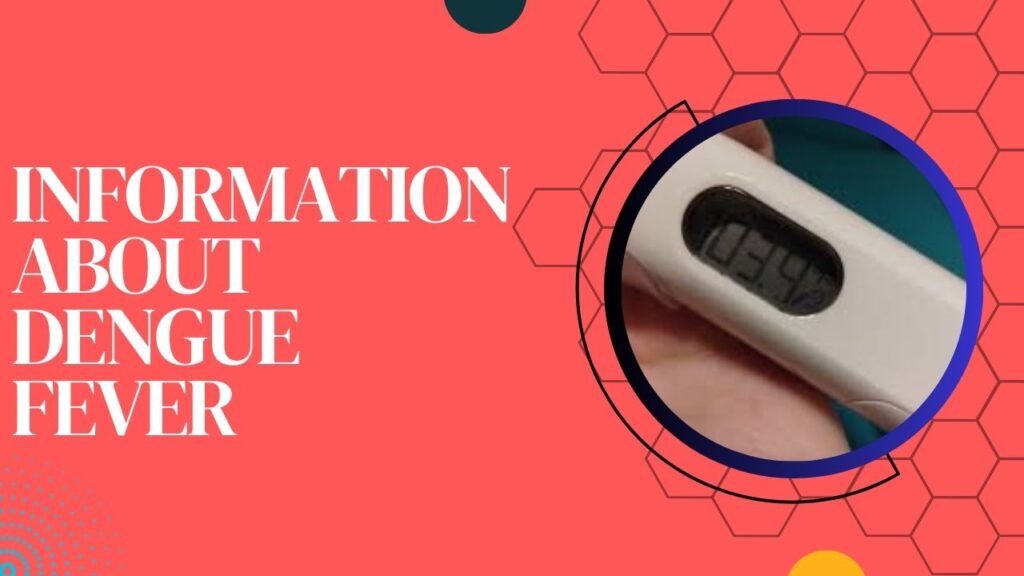10 Reasons Why Biotechnology is Booming

Forget Mad scientists creating bizarre hybrid creatures from test tubes. In the real world biotech is nothing like that it’s here it has the potential to be a game changer in medicine and right now it’s booming. In case you’re unsure biotech is an industry driven by science using living organisms and molecular biology to produce products for healthcare, food production, and biofuel sectors.
According to the economist, one biotech index on the NASDAQ has jumped in value five times in the last decade. All while the total number of biotech companies has more than doubled with 27 billion dollars invested in them last year. So what’s drawing everyone to this exciting new sector stick with us and you’ll find out.
Biotechnology’s Role in Fighting Covid-19
Are you really expecting anything else for number one on this list? Biotechnology is what’s behind the record speed scientists have managed to understand the virus and develop vaccines for it and that’s a big reason why it’s turning heads right now. Within months of the virus being detected, scientists managed to map the genome of the virus and get a handle on how it operates.
Genome mapping is a part of biotech. The industry is also behind the new vaccine technology MRNA. Those vaccines send a messenger to make the body produce proteins that give us immunity. That messenger was created from cells of organisms in a laboratory and that means yep biotech was behind those too.
Everyone Wants To Be or Invest In Biotech
Everyone wants to be or invest in the next Moderna or Biontech so this is connected to number one on the list But it’s worth taking a look at separately. Two years ago modern was far from a household name. It is now it was a very young company that had only recently gone public in 2018 with a market capitalization of 5 billion. Thanks to the vaccine being approved in December 2020, Its value now stands at a whopping 156 billion.
Who wouldn’t want to invest in that of course, there’s BioTech the German startup that partnered with Pfizer to produce another vaccine. its share value has shot up over 10 times since 2019. According to the economist, 64 percent of drugs in late-stage development are being developed by young biotech companies and that’s why investors can’t take their eyes off them right now.
Human Genome Project
Okay, enough about Covid. Let’s look at the bigger picture the science that made the vaccines possible didn’t just come out of nowhere, a lot of it goes back to the human genome project. This epic leap forward for science began in 2003 when scientists managed to completely map all of the genes that exist in humans. The scientists who did it predicted that it would be a revolution in medicine. A revolution we are finally starting to see 20 years later.

Just because every gene in the pool was identified doesn’t mean scientists could understand exactly how each one works in keeping us healthy or making us sick. That’s taken time and a lot more research but after all of those years working away in labs we’re seeing results that are opening up new horizons for medicine.
It Means Healthcare That’s Tailor-Made For the Patient
So as important as the COVID-19 vaccines are aside from those why is biotech so exciting for medicine? look at it this way up until this point medicine has mostly been about diagnosing and treating people based on observations from treating similar cases in other people but as we know everybody is different. Biotechnology can show doctors exactly what those differences are and eliminate the guesswork tailoring the treatment specifically to the patient’s genetics.
This is what people in healthcare call personalized medicine or precision medicine because it’s so much more precise than anything that’s come before it’s like the holy grail when it comes to healthcare and thanks to biotech it’s now becoming a reality.
It Changes the way medicines are made and prescribed
We all know from experience that some people respond better or worse to the same medicine. Some get side effects others get lucky and dodge them, but with precision medicine. Once the doctor has a reading of your genetic sequence and all of these changes they can tell you exactly, how any medicine will work specifically on you and whether you’ll have any side effects.
Then they can choose the best treatment knowing exactly how you’ll react to it. It’s a huge step forward and it’s changing the way medicines are made. Drug companies are starting to label them with genomic markers, which is a value a doctor will use to compare against your genome to see how you’ll respond to treatment. Over 250 drugs are now labeled with genomic markers. it’s only a matter of time before it happens straight across the board.
The cost of gene sequencing is decreasing
This all sounds pretty revolutionary right, but how do I get my genome sequenced? Well, an online search will show you it’s pretty simple. In the USA Dante Labs can sequence your genome for six hundred dollars better still it’s painless. You just put a saliva sample in a tube and wait two months for a full report telling you what health problems you’re susceptible to.
Healthcare providers aim to get the cost down to below 100 by 2025. And the goal is to make it as routine and affordable as a blood test and of course that means a lot of competition to see who can provide the best genome sequencing for the lowest price.
Gene Editing
Here’s another technique scientists have started to use to treat diseases as you can guess from the name. it involves changing DNA in living organisms and when it comes to medicine those living organisms are humans. it’s a complicated process that uses enzymes created from bacteria to do the job. but let’s not go deep into the science.
it’s easier to think of it as a pair of molecular scissors delivered to a precise segment of faulty DNA. It cuts that section out and replaces it with good DNA that’s been created in the lab. It’s being called the ultimate in precision medicine. The mayo clinic cites cancer, cystic fibrosis, heart disease, diabetes, hemophilia, and aids as diseases it could potentially cure.
Biotech could spell the end of cancer
When it comes to the holy grail of medicine curing cancer is very high on the list of things we’ve been trying to achieve. Biotech is showing a lot of promise it might just deliver on this. aside from being a devastating disease cancer has other problems like being difficult to detect and often goes misdiagnosed. Two issues biotech could eliminate. Once doctors know everything there is to know about a person’s genes they know what cancers to screen for regularly and gene editing which we just mentioned could stop cancer in its tracks
Plant-based Meat
Remember we said it’s not just used in medicine. Biotech is coming in clutch when it comes to food production too for decades the industry has been helping to solve world hunger with bioengineered crops that resist disease and produce higher yields. But more recently it’s been used to come up with something more cutting-edge meatless meat.
You Might Want To Know: Siege of Vienna 1529 – Ottoman Battles
Scientists have been using varieties of soybeans and peas to create the tastiest plant-based burger possible. Just to look at one example in 2019 Burger King put a plant-based burger on its menu. the patties were made by impossible foods using bioengineered yeast some producers of plant-based meat prefer to avoid using anything bio-engineered but as the demand for plant-based meat goes up we can expect biotech to play a major role here.
Bioplastics
Finally biotech could help us kick the habit of dumping traditional chemical plastics into the ocean through the manufacturing of bioplastics. Biotech is behind the top two methods of getting plastics from plants. First fermentation uses bioengineered microorganisms and second bioengineering plant varieties that can produce natural plastics as part of the photosynthesis process. Amazing right, at the moment less than one percent of plastics are bioplastics. so the search is on for better more scalable biodegradable plastics and that sounds like a job for biotech.
One more thing about the biotech industry it could be a nightmare for privacy. With all the amazing things biotech is bringing to medicine and elsewhere. There are concerns too especially surrounding the topic of privacy. Just imagine one day employers are allowed to demand access to job applicants’ genome reports and make decisions based on how healthy they’re going to be in 10 years.
What about insurance companies what if they ask to look at your genome and learn you’re at a high risk of getting a disease that will take a million dollars to cure? what would that do to an insurance premium? Right now we have no idea how this is going to develop, all we can say is that insurers and other groups are going to want to get a hold of your genome reading with a lot of very justifiable resistance from the public and as biotech becomes a bigger industry expect huge steps forward for healthcare but a lot of legal headaches too.



